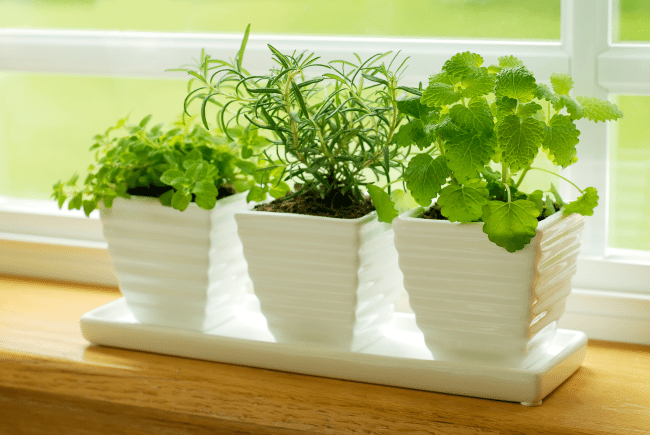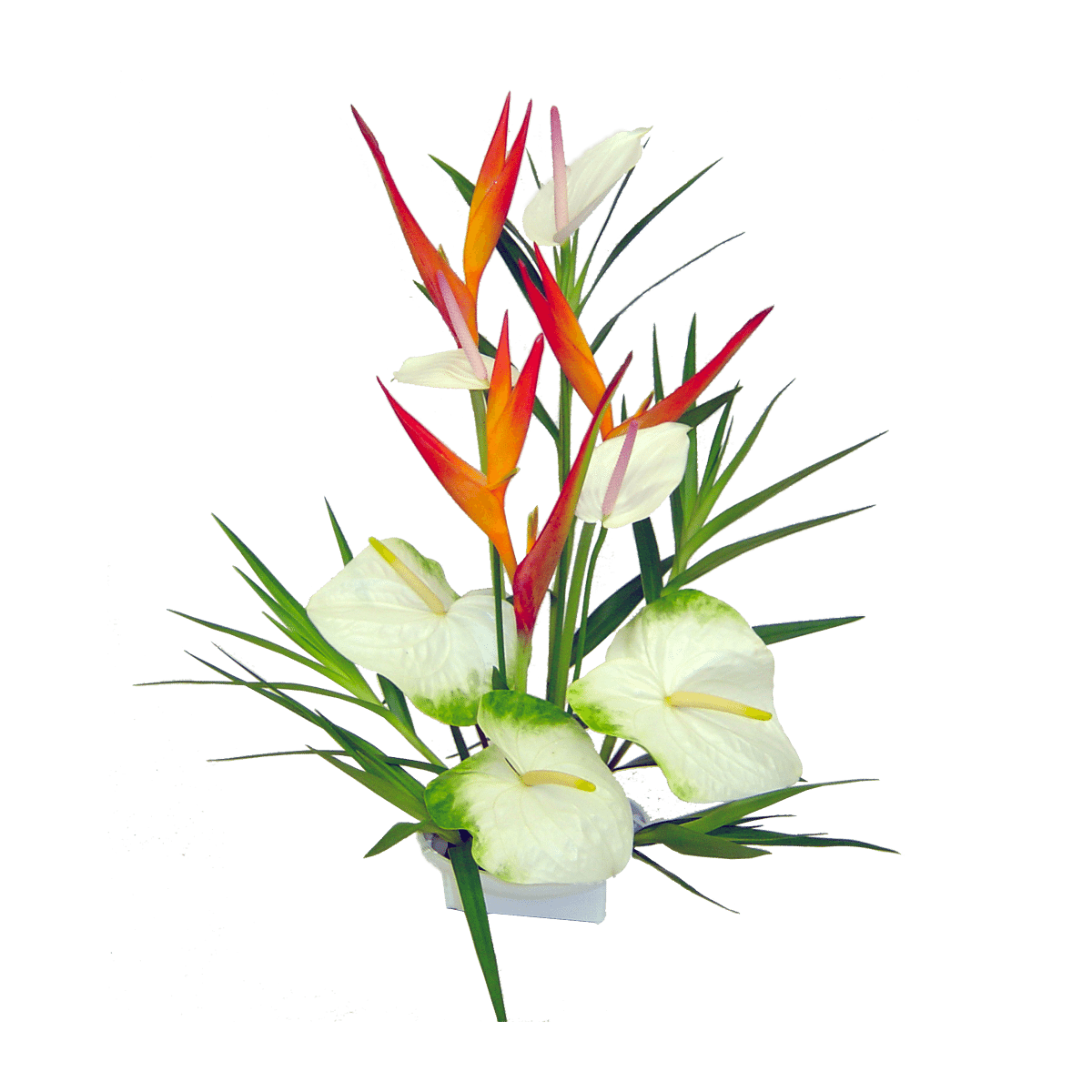September is officially upon us, meaning it’s time to say hello to fall, and goodbye to summer (and summer gardens). No need to worry though, we’ve got you all covered as far as starting your indoor garden for fall. Having an indoor garden is easy and a great option if you live in an apartment or house where you don’t have the opportunity to have your own outdoor foliage.
The cooler weather doesn’t mean you need to forego your garden all together, starting an indoor garden is a piece of cake. Unless you’re looking into setting up a garden with a UV light (which is also very doable!), find a spot in your home that gets a lot of sunlight. Windows, windowsills, and glass doors are a perfect spot to set up. Try to pick a spot that you know you’ll see regularly, so you don’t forget to water your plants. Watering is something you need to consider when you’re picking the right pots to use, too. Considering that your plants will likely drain some water, pick pots that have a tray of some sort to catch the water and ensure that no damage is caused. Now that we’ve covered the basics, it’s time to pick what kind of plants you’ll have in your indoor garden. Flowers are a bit tricky because they’re all pretty seasonal and require more care, so you want to try to focus on herbs. Herbs are great because you can choose some that you use regularly, so you won’t have to buy them every week at the grocery store. Parsley, thyme, oregano, basil, and rosemary are all common household herbs that can easily make up your indoor garden. All of these can usually be purchased at your local grocery store or gardening center (try Home Depot or Walmart) so you won’t have to search far and wide to get your garden together. Having a few of these grouped together will also help brighten up any room and add some life once the darker months are in full force.
Aside from looking nice, there are a few different benefits that you can take advantage of if you have an indoor garden. As we all learned in elementary school lessons on photosynthesis, plants release oxygen into the air, so having plants indoors will help increase the oxygen levels into your home. Indoor gardens also provide you with a natural purifier, meaning you can get rid of the noisy (and unnatural) air purifier you’re currently using. The soil in the plants pulls in everyday toxins from the air, and converts them into food for the plants, so it’s a win-win situation. Now that you’re getting rid of your air purifier, you can also go ahead and get rid of your humidifier, too; having plants indoors can create a natural humidifier from the water vapor that they release. Seeing as the cold months can bring dry skin, respiratory issues, and colds, you may want to consider making a mini garden in your bedroom to help you fight these inevitable battles.


 s also an awesome time to add flowers to your garden, but instead of your typical floral choices…spice it up. Tropical flowers are bright and beautiful, automatically livening up even the dullest gardens. Pick some colors that you like and go well together, maybe oranges and yellow, and make yourself a nice arrangement.
s also an awesome time to add flowers to your garden, but instead of your typical floral choices…spice it up. Tropical flowers are bright and beautiful, automatically livening up even the dullest gardens. Pick some colors that you like and go well together, maybe oranges and yellow, and make yourself a nice arrangement.